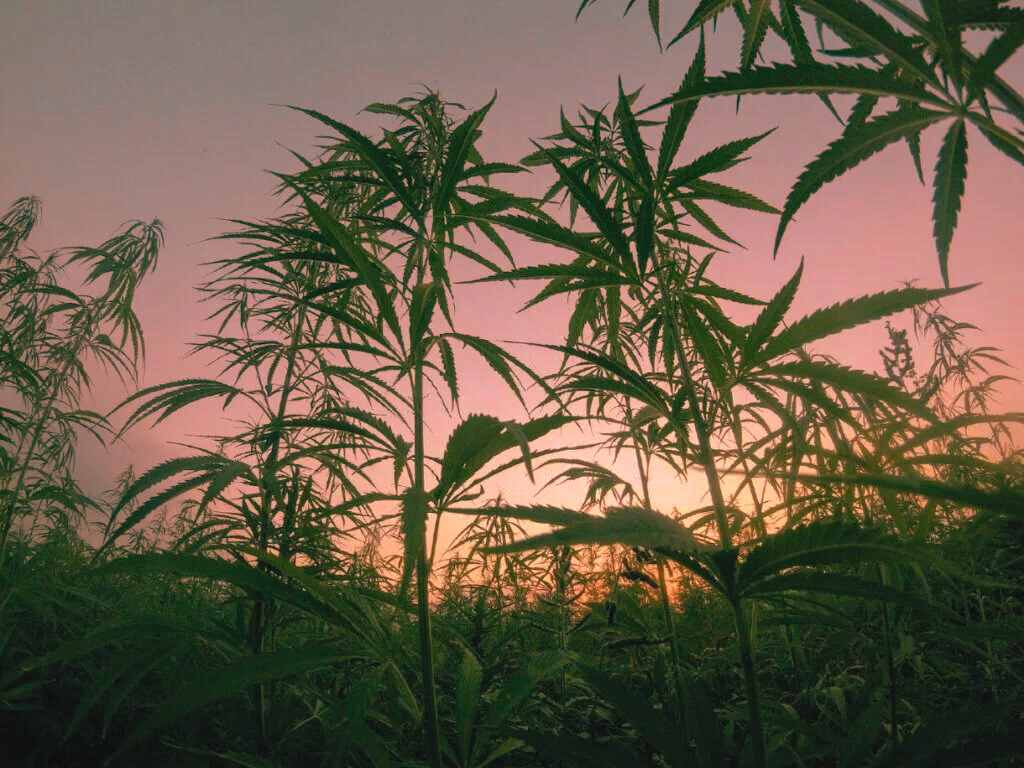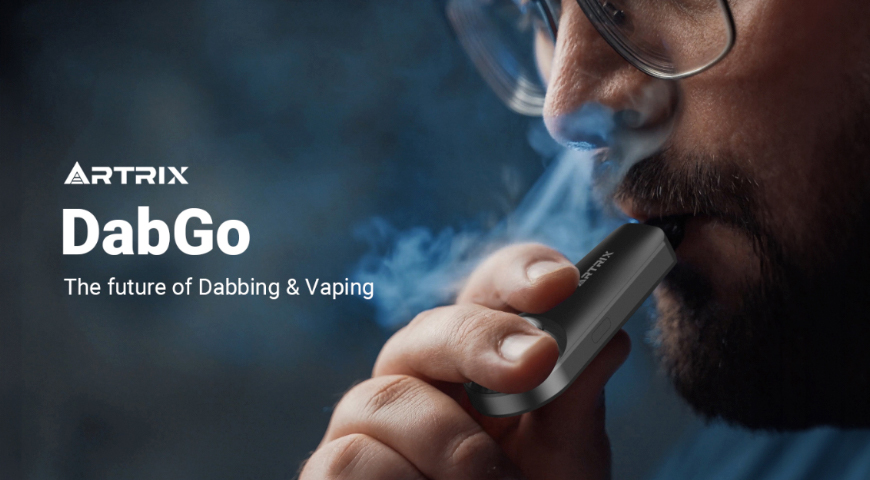The key differences between THCa, THC (Delta-9), Delta-8 THC, THCp, and CBD, focusing on psychoactivity, heat activation, legality, potency, and therapeutic use.
THCa – Non-psychoactive precursor that only becomes intoxicating when heated.
THC (Delta-9) – Delivers strong psychoactive effects.
Delta-8 THC – Provides a milder psychoactive alternative.
THCp – Rare, highly potent cannabinoid.
CBD – Non-psychoactive with well-researched therapeutic benefits.
| Cannabinoid | Psychoactive | Heat Required | Potency | Legal Status | Source |
|---|---|---|---|---|---|
| THCa | No (until heated) | Yes (220°F+) | N/A (converts to THC) | Generally Legal | Natural |
| Delta-9 THC | Yes | No | Standard (1x) | Federally Restricted | Natural |
| Delta-8 THC | Mild | No | Lower than D9 | Legal Gray Area | Semi-synthetic |
| THCp | Yes | No | 30x stronger than THC | Varies | Natural (rare) |
| CBD | No | No | N/A | Legal | Natural |

THCa, or tetrahydrocannabinolic acid, is the raw, non-psychoactive compound found in fresh cannabis that serves as the natural precursor to THC. Unlike THC, THCa does not produce intoxicating effects unless it is heated through a process called decarboxylation (smoking, vaping, or cooking), which transforms it into psychoactive Delta-9 THC. Many consumers value THCa for its potential therapeutic properties—such as anti-inflammatory and neuroprotective benefits—without the “high,” making it popular for daytime or functional use.
The Primary Difference: Psychoactivity and Heat Activation The most crucial distinction between THCa and THC is their psychoactive nature. THCa is completely non-psychoactive in its raw, natural state—you could eat raw cannabis flower high in THCa and feel no “high” whatsoever. However, when THCa is exposed to heat (around 220°F or higher) through smoking, vaping, dabbing, or cooking, it undergoes decarboxylation—a chemical reaction that removes a carboxyl group (COOH) from the molecule. This transformation converts THCa into THC, which can then bind to CB1 receptors in your brain and body, producing the potent psychoactive effects cannabis is famous for. This means THCa is essentially “dormant THC” that users can activate on demand, offering unprecedented control over their cannabis experience.
Other Key Differences Beyond psychoactivity, THCa and THC differ in their legal status (THCa often exists in legal gray areas while THC is federally restricted), their stability (THCa naturally degrades into THC over time), and their potential therapeutic applications (some users prefer THCa’s non-intoxicating properties for daytime use).
The fundamental difference between THCa and Delta-9 THC is their psychoactive impact. THCa is the non-intoxicating precursor found in raw cannabis that won’t get you high, while Delta-9 THC is the potent psychoactive compound responsible for cannabis’s euphoric and sensory-altering effects. The transformation occurs through decarboxylation—when you heat THCa (by smoking, vaping, or cooking), it converts directly into Delta-9 THC, instantly switching from a non-psychoactive compound to one that produces strong intoxicating effects. This heat-activated conversion gives users complete control: consume THCa raw for no high, or heat it to unlock Delta-9’s recreational potency. Other differences include their molecular structure, legal status, and stability at room temperature.
The most significant difference between THCa and Delta-8 THC lies in their psychoactive properties and legal status. THCa (tetrahydrocannabinolic acid) is the non-psychoactive precursor found naturally in raw cannabis that only becomes intoxicating when heated and converted to Delta-9 THC. In contrast, Delta-8 THC is a mildly psychoactive cannabinoid that produces gentler intoxication effects compared to Delta-9 THC. While THCa is generally legal and accessible in most states due to its non-intoxicating nature, Delta-8 THC exists in a legal gray area—though it can be derived from hemp-legal CBD through isomerization, its potential origin from Delta-9 THC makes its legality questionable in some jurisdictions.
Production methods also differ substantially between these compounds. THCa occurs naturally in living cannabis plants and requires no chemical processing, whereas Delta-8 THC is typically produced through chemical alteration of either CBD or Delta-9 THC using an isomerization process. This distinction affects both availability and consumer perception, with THCa often viewed as a more natural option while Delta-8 represents a semi-synthetic alternative for those seeking milder psychoactive effects than traditional THC products offer.
THCa and THCp represent two fundamentally different cannabinoids with distinct characteristics and effects. THCa (tetrahydrocannabinolic acid) is the abundant, non-psychoactive precursor found in raw cannabis plants that requires heat activation through decarboxylation—via smoking, vaping, or cooking—to convert into psychoactive THC. In contrast, THCp (tetrahydrocannabiphorol) is a rare, naturally occurring cannabinoid discovered in 2019 that is inherently psychoactive without any conversion process needed.
The most significant difference lies in their potency and psychoactive properties. While THCa remains completely inactive until heated, THCp is reportedly up to 30 times more potent than regular THC due to its unique seven-carbon alkyl side chain structure (compared to THC’s five-carbon chain). This enhanced molecular structure allows THCp to bind more effectively to cannabinoid receptors, producing notably stronger psychoactive effects and more intense bodily sensations.
The most critical difference between THCA (tetrahydrocannabinolic acid) and CBD (cannabidiol) lies in their relationship to psychoactive effects. THCA is the raw, acidic precursor to THC found in fresh cannabis that remains completely non-intoxicating until heated. However, when exposed to heat through smoking, vaping, or cooking—a process called decarboxylation—THCA converts directly into psychoactive THC. CBD, conversely, maintains its non-psychoactive properties regardless of temperature or consumption method, never producing intoxicating effects even when heated or processed.
While both cannabinoids offer therapeutic potential, their applications and research backing differ significantly. THCA may provide anti-inflammatory and neuroprotective benefits when consumed raw, though scientific research remains limited. CBD has undergone extensive clinical study and earned FDA approval for treating certain epilepsy conditions, with widespread use for anxiety, pain management, and seizure control. This fundamental stability difference means THCA products require careful handling to preserve their non-intoxicating nature, while CBD products deliver consistent therapeutic effects across all consumption methods.

Understanding the differences between THCa, THC, and other cannabinoids empowers consumers to make informed decisions that align with their specific needs and lifestyle requirements. As the cannabis industry continues to evolve and research expands, having this foundational knowledge ensures you can navigate product choices confidently and optimize your cannabis journey for both safety and desired outcomes.